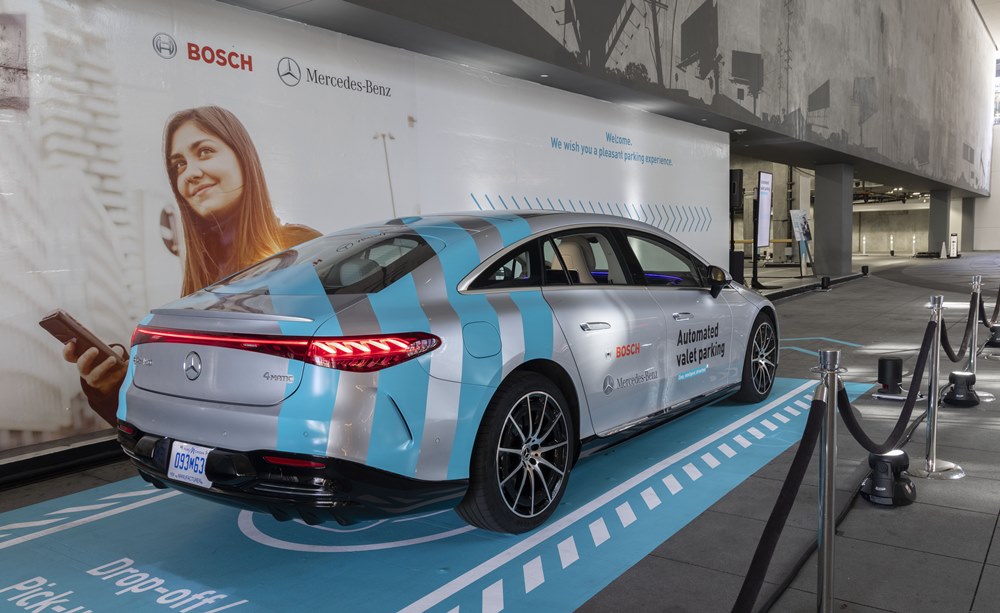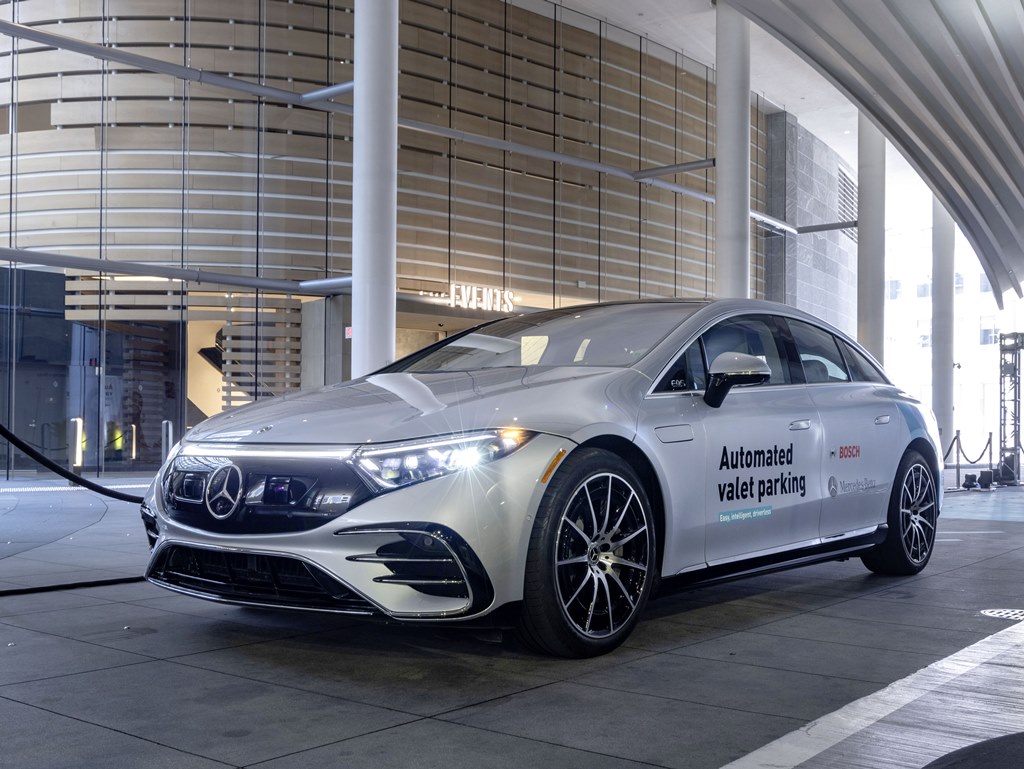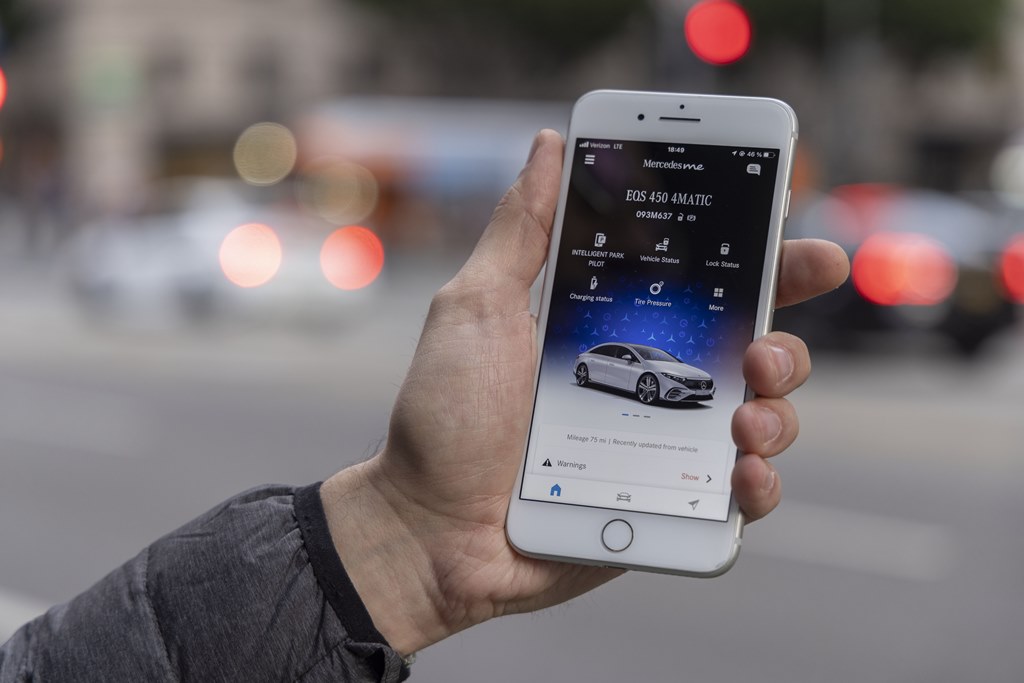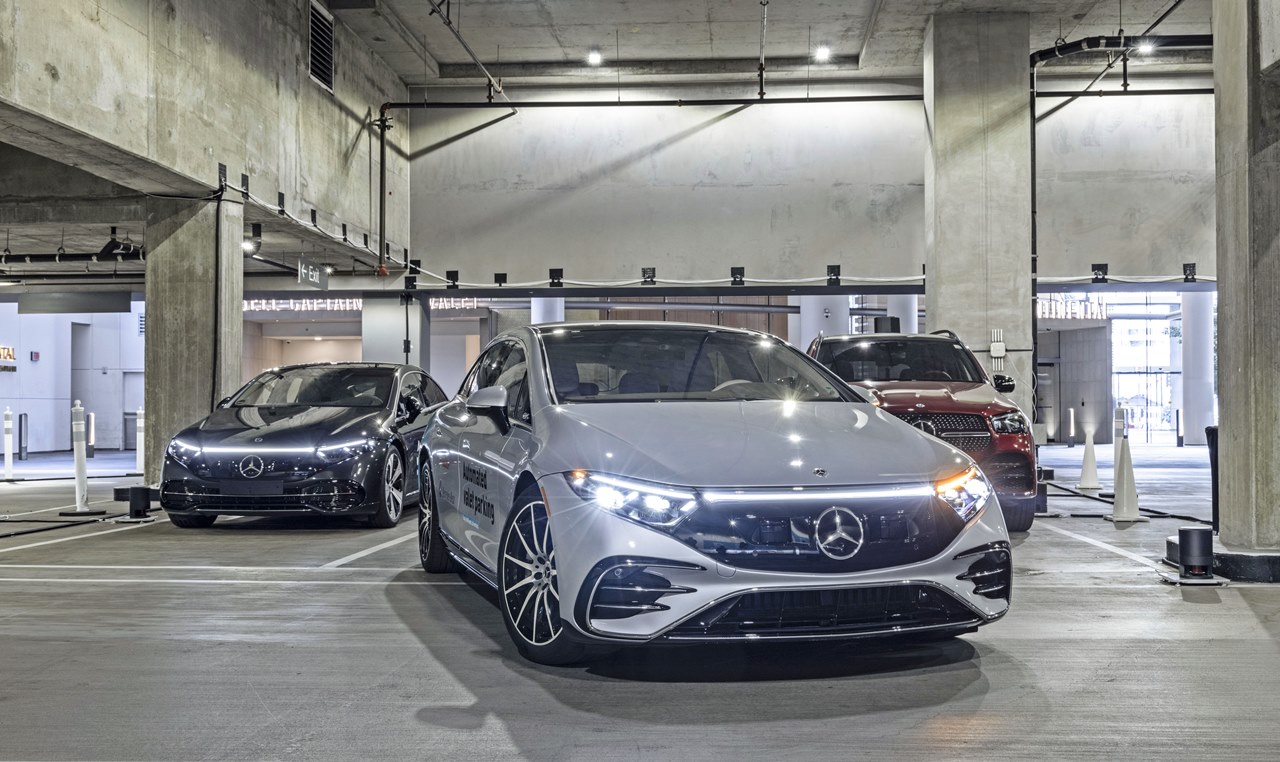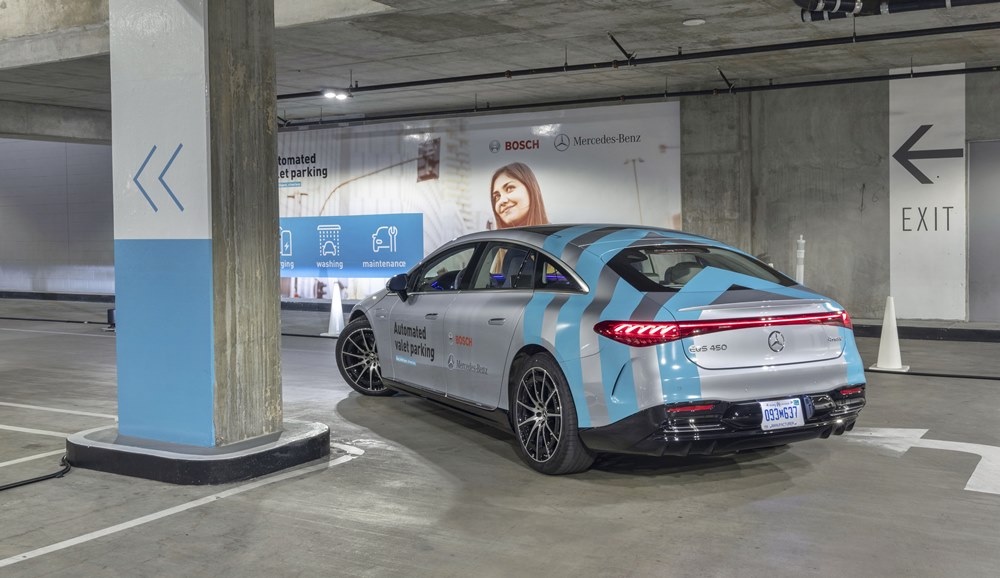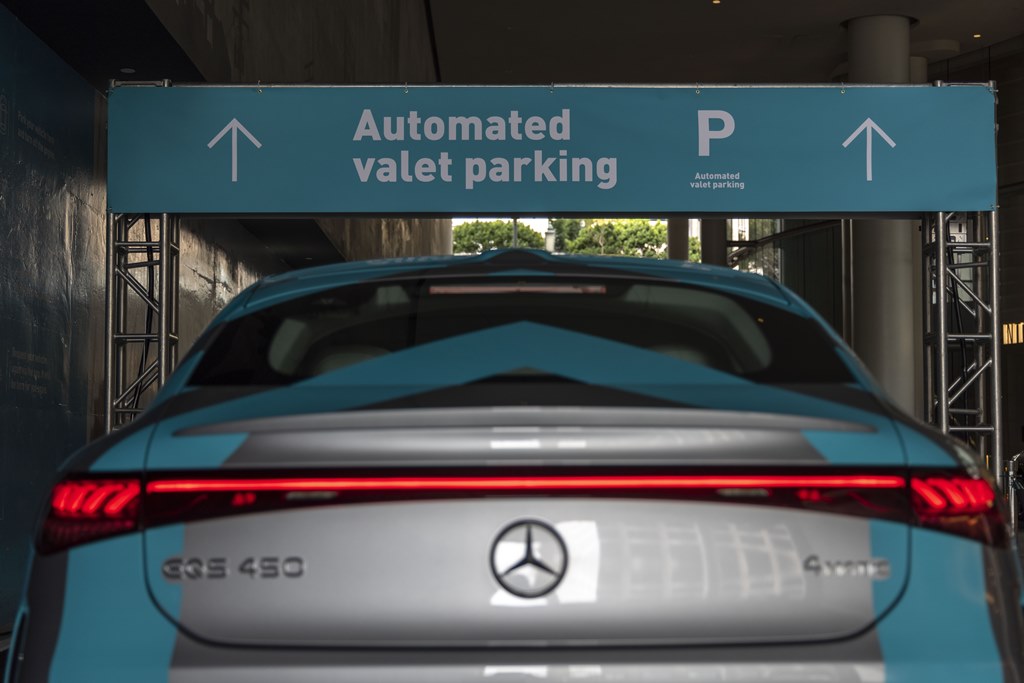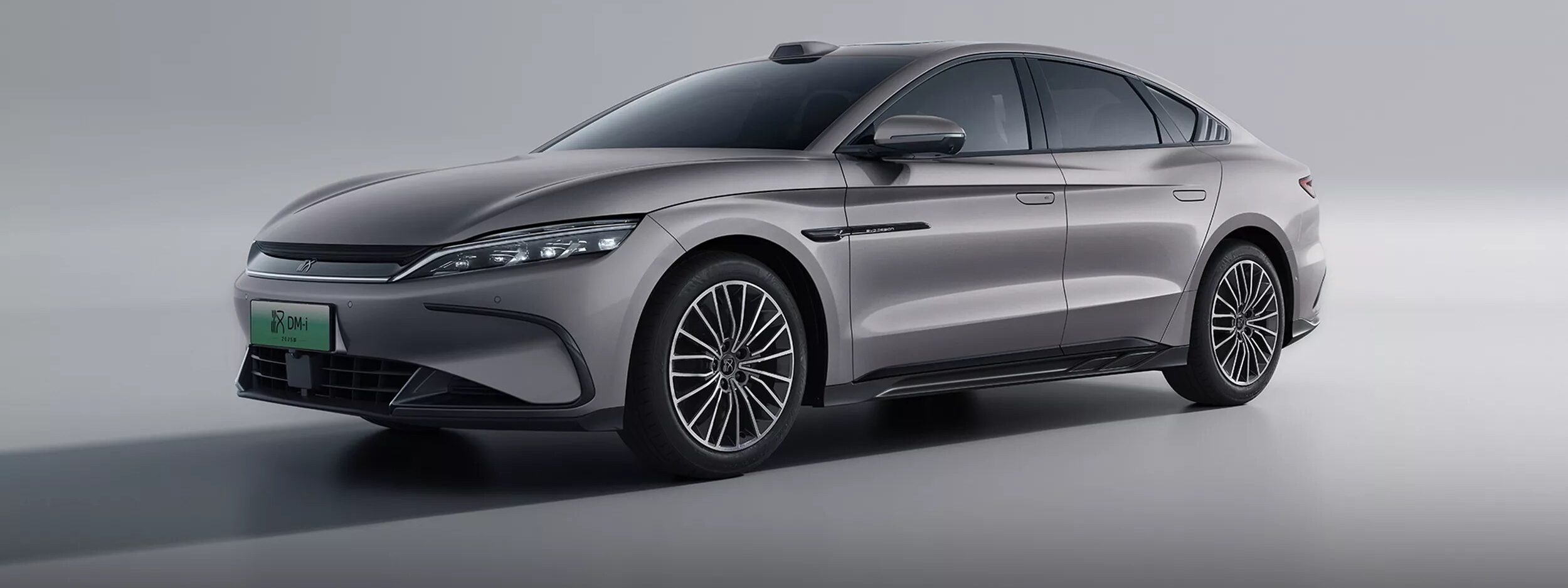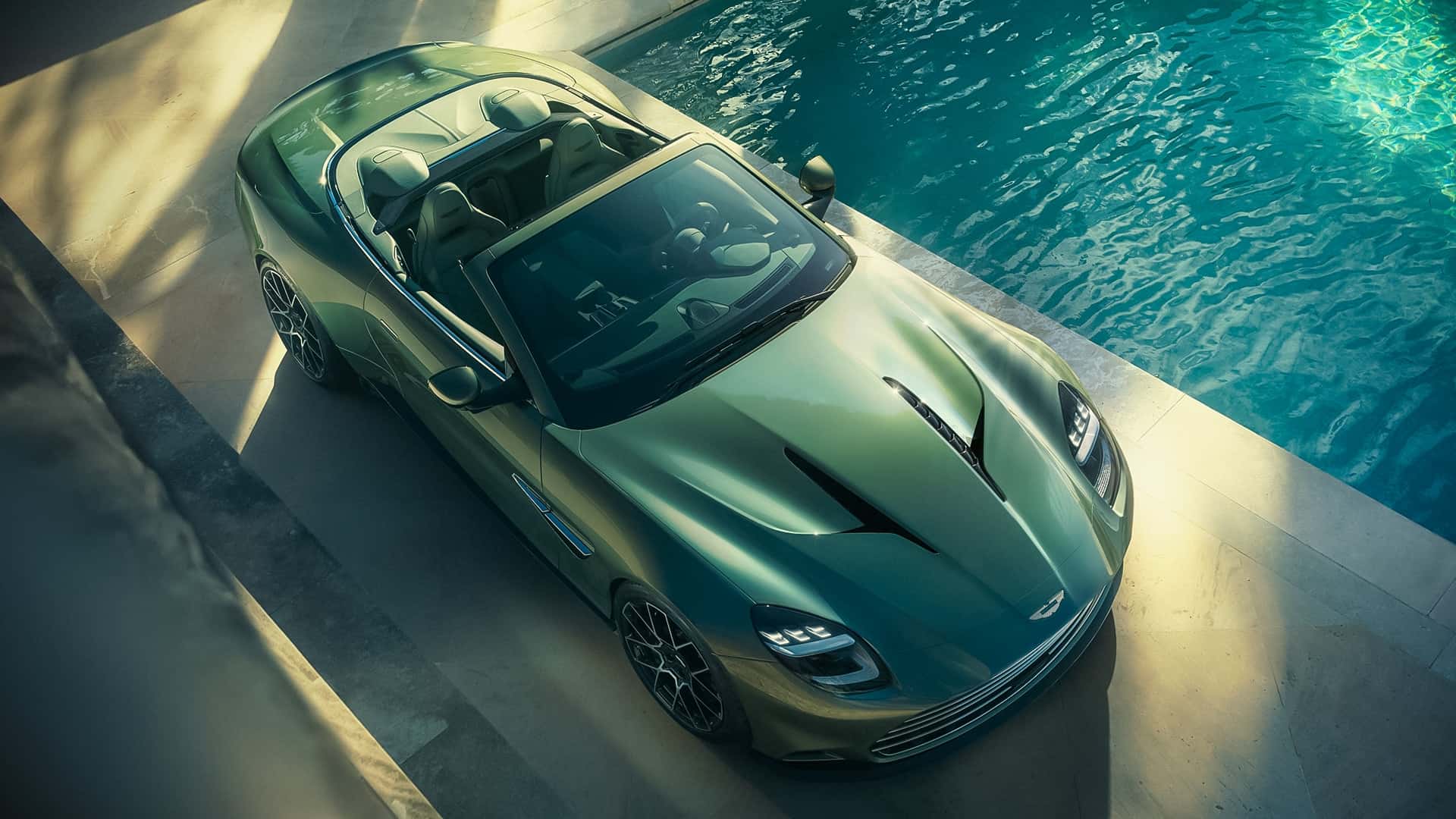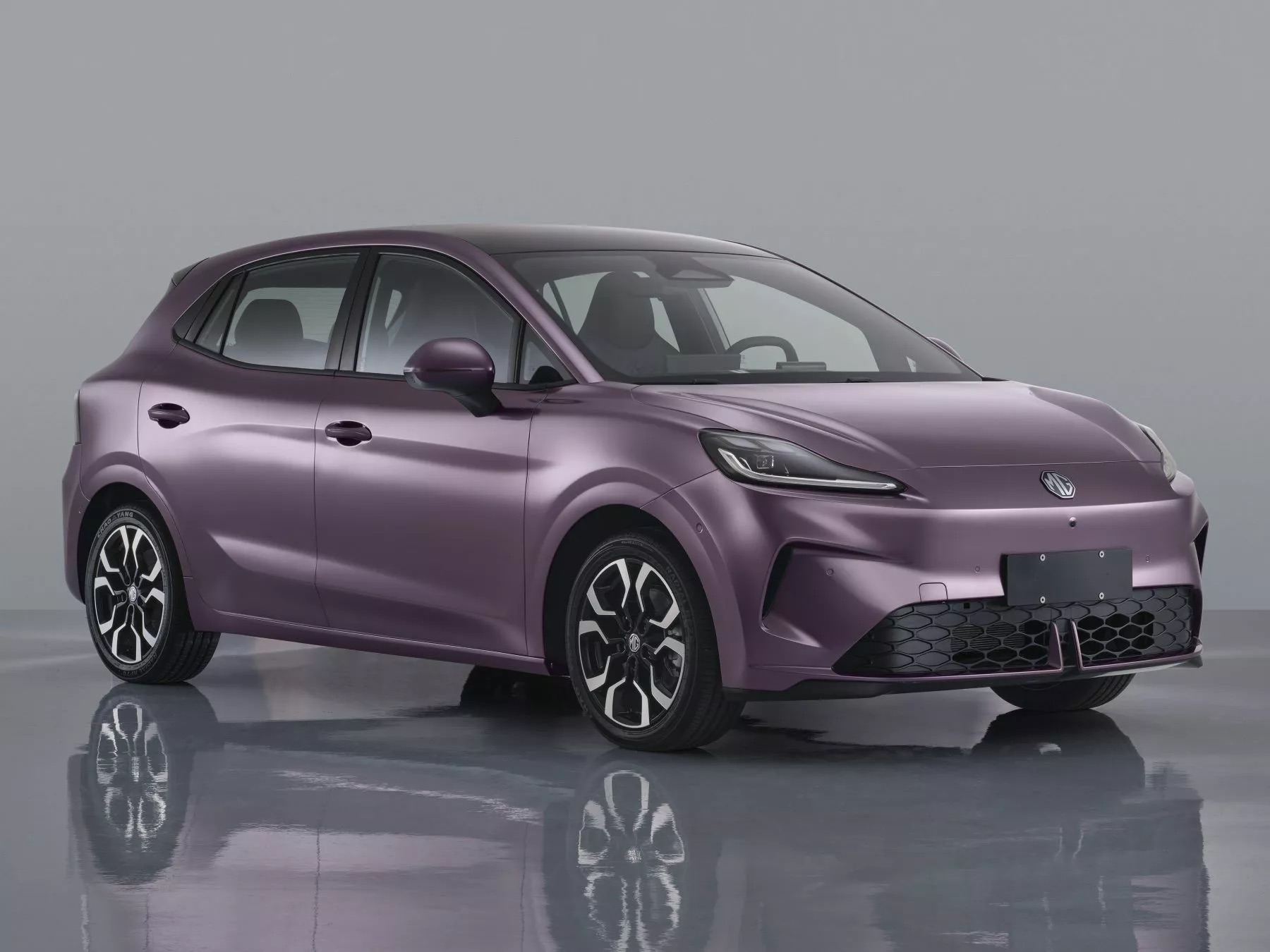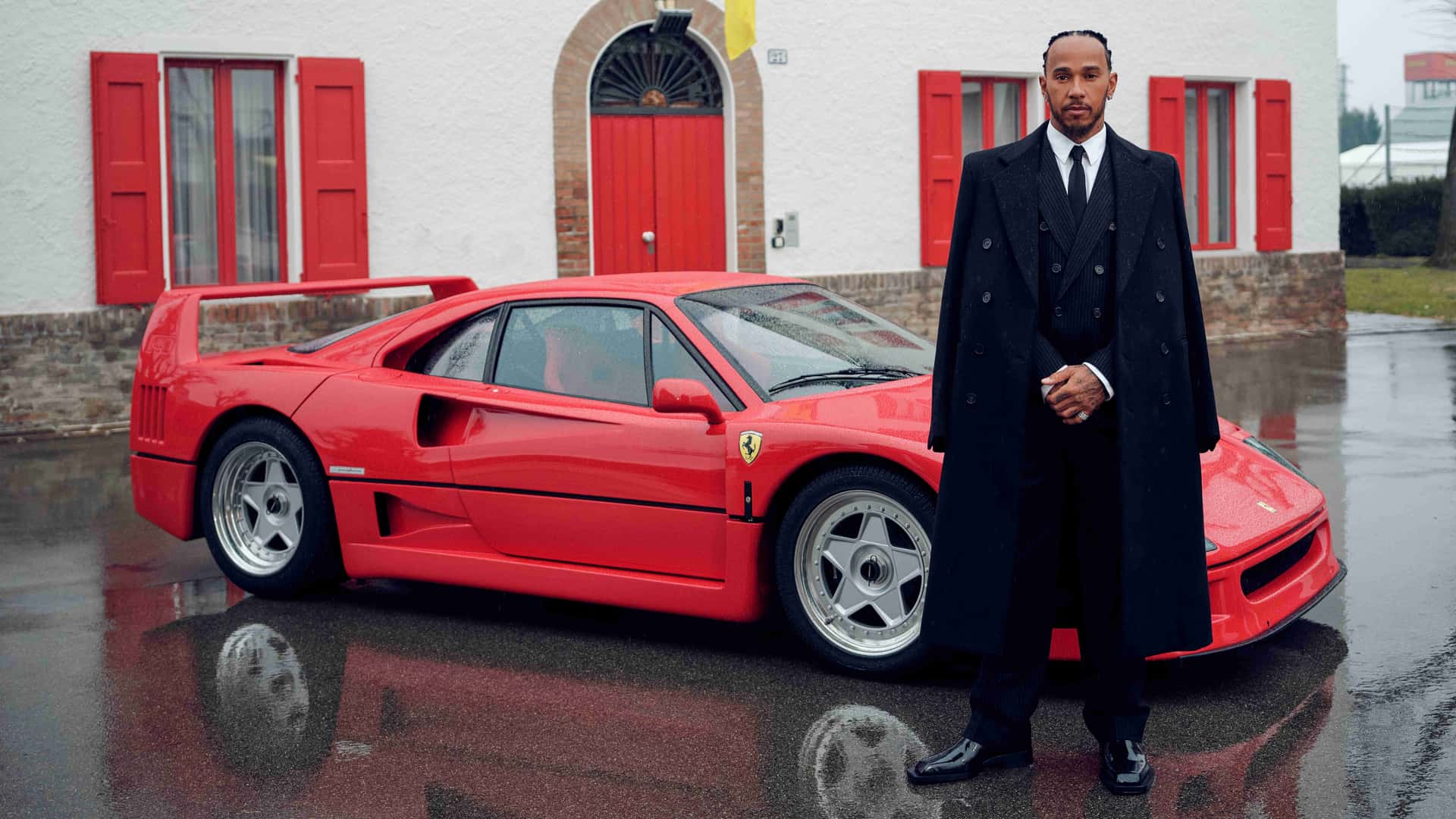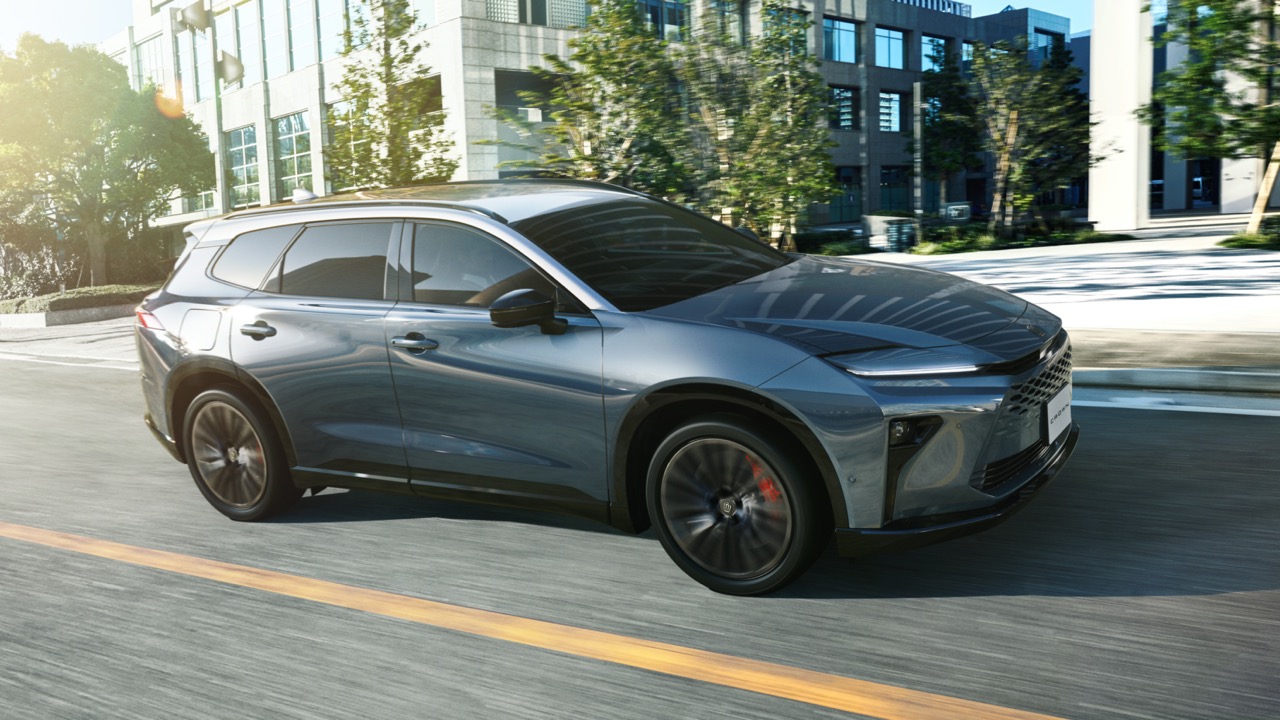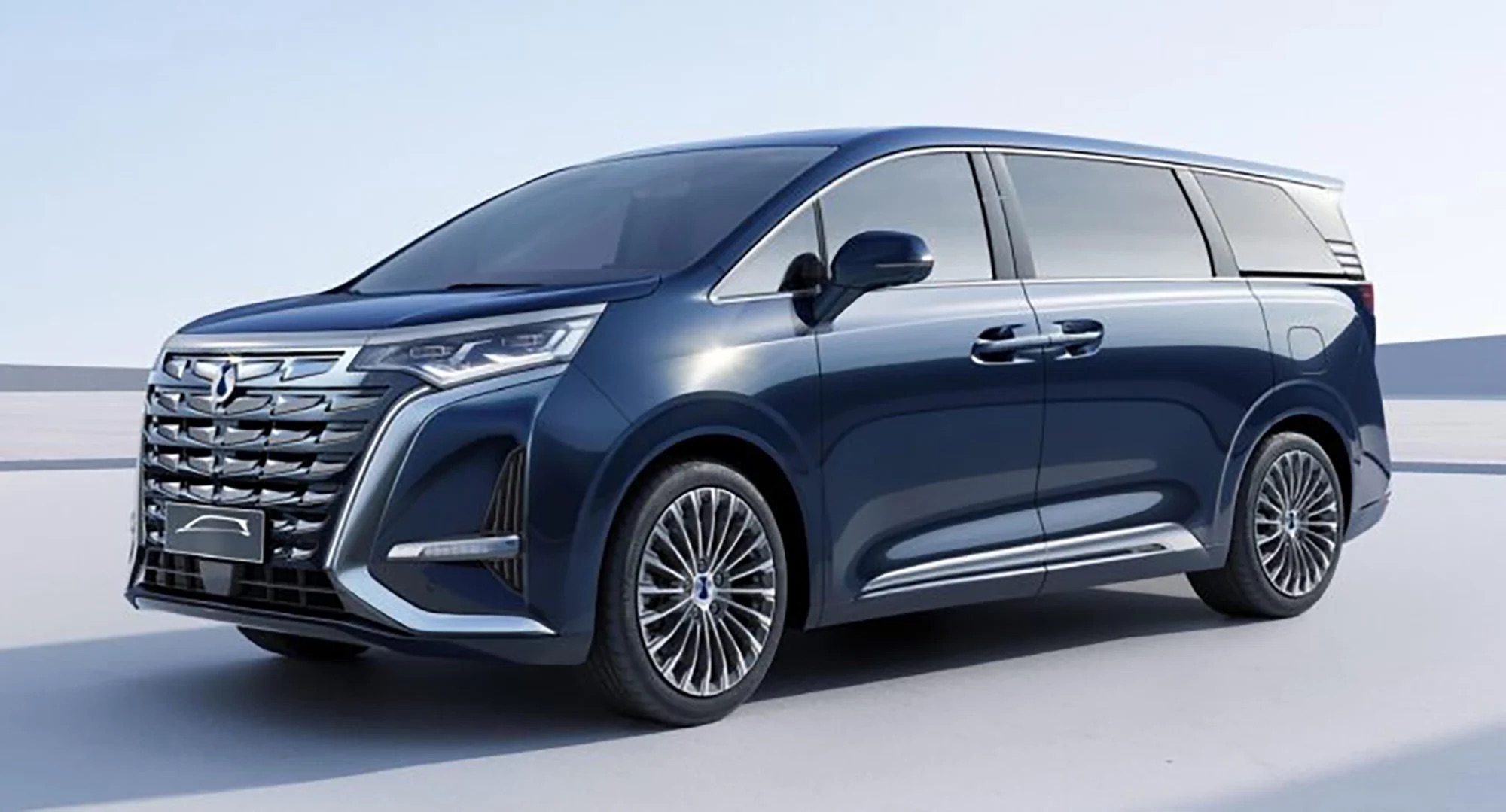For those who do not like the bother of having to park their cars in a carpark, hotels usually have valets to do the job. But valets may no longer have to do it either as cars will be able to park themselves after the owner has exited. Perhaps the first cars to be able to do so will be from Mercedes-Benz which has developed and begun to demonstrate the capability.
Working with a technology supplier, the German carmaker has developed automated valet parking technology which it calls INTELLIGENT PARK PILOT. The technology is available in the EQS BEV sedan as well as the latest S-Class sold in European markets. In order to enable the car to drive and park itself, it also requires an intelligent infrastructure installed in the parking area.
Sensors installed at the building communicate with the car and guide its manoeuvring through the parking area. This will allow the car to operate in highly automated mode and without a driver, and has the possibility of additional capabilities such as automated EV charging, car wash and vehicle servicing or maintenance where vehicles move in and out of service areas on their own
The automated parking process makes use of a smartphone app and the driver has to first position the car in a designated drop-off area. When activated, the sensor system in the carpark checks whether a suitable space is available or was already reserved for the vehicle. If so, the Automated Valet Parking infrastructure confirms the hand-over of the vehicle for the driver in the app, and the car will depart on its own. It will then be guided with the help of the infrastructure to the designated space.
When the driver requires the car, a request can be sent with the app and the car will be guided to the pick-up area. This will certainly be convenient for owners as it will be unnecessary to walk around the carpark and, for those who may be forgetful, waste time searching for the place where they parked it.
Automated parking technology, which could one day be as common as cruise control, benefits drivers by easing the burden of the parking experience. It may even be possible for carpark operators to cram more cars onto a floor as the spaces can be narrower since there is no need to allow wide gaps for doors to be opened.
“Low-speed manoeuvres are part of the holistic opportunity for automated technology,” said Dr. Kay Stepper, Senior Vice-President of automated driving and driver assistance for Bosch in North America. “Automated technology in the specific use case automated valet parking gets consumers comfortable with how automated technology works and how it can benefit them.”
Engineering teams have been working over the past few years to further develop automated valet parking and support specific testing and deployments around the world. The technology was recently demonstrated at a hotel in Los Angeles, California.
Media error: Format(s) not supported or source(s) not found
Download File: https://www.piston.my/wp-content/uploads/2022/03/Mercedes-Intelligent-Park-Pilot.mp4?_=1“The demonstration at the InterContinental Los Angeles Downtown showcases how automated valet parking will operate in a working hotel environment where both automated and non-automated vehicles operate alongside pedestrian traffic,” said Dr. Stepper. “This allows us to dive into the dynamics of local deployments with the use of a highly-connected EQS from Mercedes-EQ to demonstrate how automated technology continues to move forward.”
“Our vision is that getting time back is a key component of the luxury experience our customers are looking for. The EQS gives you time back by driving itself in traffic jams on highways, but with INTELLIGENT PARK PILOT, it may also be able to park itself,” added Dr. Philipp Skogstad, President & CEO of Mercedes-Benz Research & Development North America. “INTELLIGENT PARK PILOT is a feature that together with the required infrastructure enables an automated valet service that gives customers even more comfort and relief in everyday life.”
Long-term Development Cooperation for Automated Driving between Daimler-AG and BMW Group




